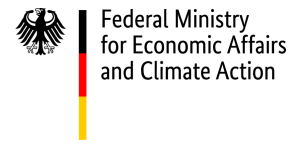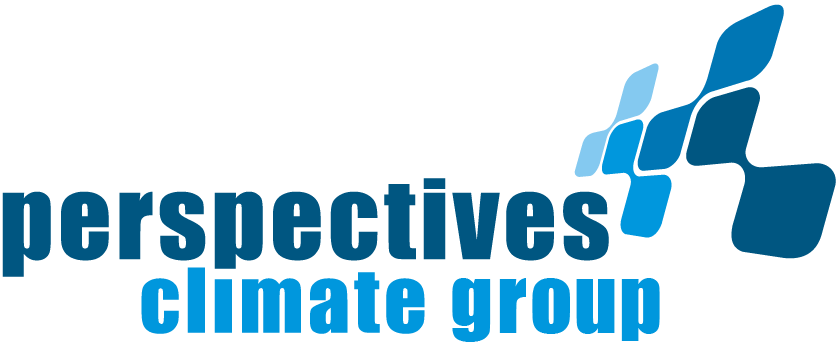Overview
The Carbon Market Mechanisms Working Group (CMM-WG) is chaired by Perspectives Climate Research gGmbH and is supported and coordinated in close collaboration with the Federal Ministry for Economic Affairs and Climate Action of Germany (BMWK). In Phase I (2019-2022) and Phase II (2022-2024), a steady exchange of ideas and experiences between stakeholders was successfully facilitated regarding technical aspects concerning the piloting and rulemaking of market-based cooperation under Article 6 of the Paris Agreement. This included events and meetings at the Innovate4 Climate (I4C), Regional Climate Weeks, and sessions of the Subsidiary Bodies and the Conferences of the Parties (COPs).
Building upon the previous phases, Phase III (2025-2027) will continue to contribute to the operationalisation and implementation of Article 6 cooperation. Even if a breakthrough was achieved at COP29 regarding the Article 6 rules, their implementation will require further discussions including on the PACM standards, tools and methodologies. Additionally, the project will enhance capacities for Article 6 implementation by engaging in relevant events and fora, collaborating with various international initiatives to share insights and coordinate efforts. The emphasis lies on large-scale activities such as programmes, sectoral and policy approaches. The CMM-WG aims to foster a shared understanding of complex technical issues among relevant stakeholders, to provide an informal space for carbon market experts and to enhance the integrity of carbon market instruments.
Background and objective
In designing international market-based cooperation as set out in Articles 6.2 and 6.4 of the Paris Agreement, the Parties ought to consider the experience gained to date under the Kyoto Protocol (e.g., under the Clean Development Mechanism), build on successful models and operationalise the new rules in a stringent manner. To this end, the BMWK supports the CMM-WG, established at the I4C in Singapore in June 2019.
The CMM-WG provides a platform for dialogue, enabling the exchange of experiences and coordination of activities to support the role of programmatic and upscaled activities financed through international market-based cooperation or results-based climate finance. The CMM-WG conducts regular meetings and workshops attended by technical experts and stakeholders to share experiences, challenges, and success stories of their activities. In addition, background papers on technical aspects of the ongoing operationalisation and implementation of Article 6 are prepared and circulated to consolidate a common understanding.
In this way, the working group contributes to the following key areas:
- Contributing to the operationalisation and enhancement the Paris Agreement Crediting Mechanism with a special focus on methodological documents for upscaled activities
- Elaborating technical issues in the ongoing Article 6 implementation and coordinating Article 6 capacity-building efforts
- Spreading of ambitious best practice approaches and concepts in the implementation of Article 6.2 cooperative approaches
- Enhancing the alignment of the voluntary carbon market (VCM) with the Paris Agreement
PUBLICATIONS
12/24
Methodological challenges of policy crediting under Article 6 of the Paris Agreement
This discussion paper helps stakeholders understand the operational challenges of implementing policy crediting approaches and explores options for robust methodological frameworks aligned with Article 6 of the Paris Agreement.
10/24
Key issues regarding Article 6 authorisation
This brief paper examines the latest developments in negotiations on authorization-related matters, including the practical implementation of authorizations. It also explores how authorization processes impact accounting, reporting, and review mechanisms under Article 6.
To assess the impact of carbon credits on global mitigation efforts, it is essential to track their issuance, transfer, and use. This responsibility falls to carbon credit registries. The discussion paper examines the various types of registries within the international carbon market infrastructure under Article 6 and the voluntary carbon market, exploring potential ways these registries can connect and interact.
12/22
Progress achieved by the Article 6.4 Supervisory Body on relevant mandates in 2022
The paper elaborates on the progress the Article 6.4 Supervisory Body (A6.4SB) has achieved to date in operationalising the Article 6.4 methodology requirements. The paper focuses on the methodology guidance and the recommendation for removals to be prepared by the A6.4SB.
The German Federal Ministry for Economic Affairs and Climate Action

Upcoming events
If you are interested in upcoming events and workshops, please contact Juliana Keßler


